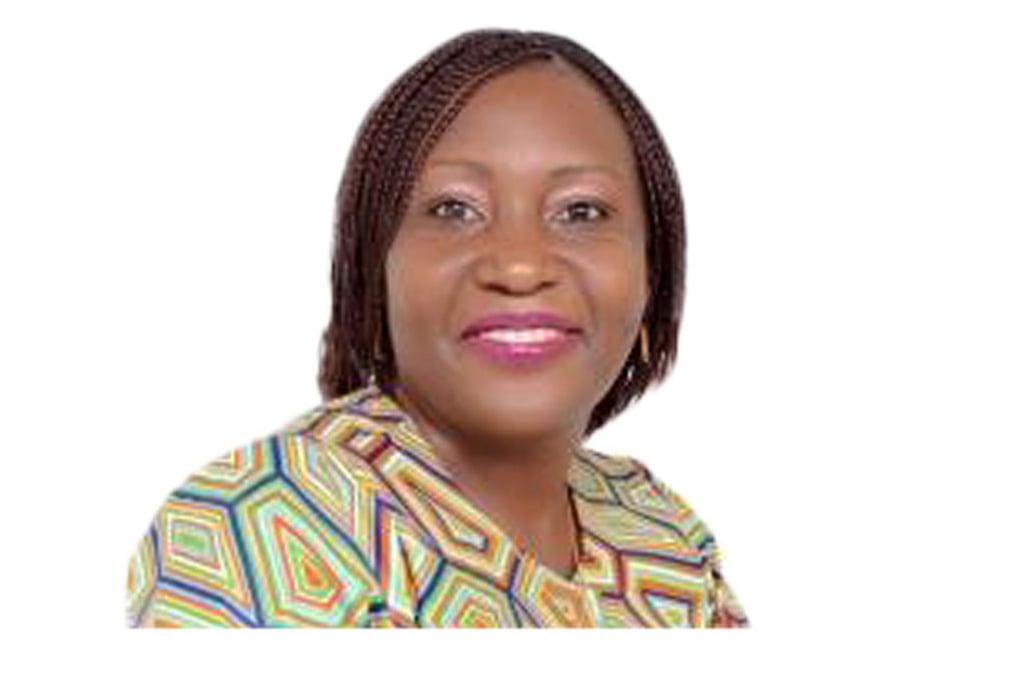Uganda’s Airbus: Content is nothing without context

On Tuesday night, a reader brought to my attention a headline in Daily Monitor online. It read: “Airbus to promote international trade and tourism, says PM Rugunda.”
If you had been around town the previous day and followed the fanfare on social media, you would most likely figure out this was about the latest addition to the Uganda Airlines fleet – Airbus A330neo aircraft that was received at Entebbe Airport.
If, however, you only arrived in the morning and had been off social media or television news, you would probably wonder how Airbus comes into Uganda’s trade and tourism and what business the Prime Minister has in it.
This is because you would be thinking about Airbus SE, the European aerospace conglomerate as opposed to its product, Airbus A330neo.
Ambiguous headlines can be beguiling, especially if it is intentional. But they can be confusing and annoying to readers, especially if they are seen as an omission. In fact, the headline in the print edition was only a little clearer – “New Airbus will boost tourism, says Rugunda”. I shared the feedback with the editors, nonetheless.
The bigger sin, however, was not in the headline; it was in the story. It did not show how trade and tourism would be boosted. It did not say where these aircrafts would be flying to help readers connect their importance to trade and tourism.
It did not mention where most tourists coming to the country originate, or emerging tourism markets for Uganda and how direct flights would be a game changer. It did not mention the leading destinations of Uganda business travellers – importers and exporters – to show the envisaged impact of the new aircraft.
Instead, the story simply carried quotes from Prime Minister Ruhakana Rugunda, Uganda Airlines CEO Cornwell Muleya and Finance minister Matiya Kasaija. End of story!
Reading elsewhere in the media, I learnt that the two newly acquired AirbusA330 Neo aircraft will enable Uganda Airlines to fly to London (UK), Dubai (UAE) and Guangzhou (China) via Mumbai (India).
London and Dubai are perhaps the most travelled destinations by Ugandans for business, family and onward connections to the rest of Europe and Americas. China and India are the leading destinations for Uganda businessmen/women to buy steel products, machinery, household goods, textiles, etc.
In fact, in 2018, the top three countries we imported goods from were China with a share of 17.6 per cent ($ 1.18b), India with a share of 12.1 ($ 816m), United Arab Emirates with a share of 11.6 per cent ($784m), Saudi Arabia with a share of 8.99 per cent ($605m) and Kenya with a share of 7.66 per cent ($515m).
With regard to tourism, China has in recent years become a leading market for inbound and outbound tourists. In 2019, for instance, about 169.2 million outbound journeys were recorded in China, up from 47.6 million in 2009.
This is because of rising disposable incomes and affordable long-haul flights. However only8.5 per cent of these came to Africa – mostly to Egypt and a few to Kenya.
That is the context that explains the importance of the new Airbus A330neo aircraft to the country and nascent Uganda Airlines. Elements of this could have enriched the story and given readers a better understanding of what the Prime Minister was talking about! So the story was incomplete.
Completeness of stories is continuous conversation in journalism.
But none says it better than the USA’s National Public Radio (NPR) code of ethics. It says:
“We do our best to report thoroughly and tell stories comprehensively. We won’t always have enough time or space in one story to say everything we would like or quote everyone we would wish to include. But errors of omission and partial truths can inflict great damage on our credibility, and stories delivered without the context to fully understand them are incomplete.
Our journalism includes diverse voices that reflect our society and divergent views that contribute to informed debate. When we find that we can’t deliver all the answers to important questions, we explain what we don’t yet know and work to fill any gaps in our reporting.” – www.npr.org
So for all of us in the business of content and storytelling, we should always marry content with context because content is nothing without context.
Send your feedback/complaints to
[email protected] or
call/text on +256 776 500725




